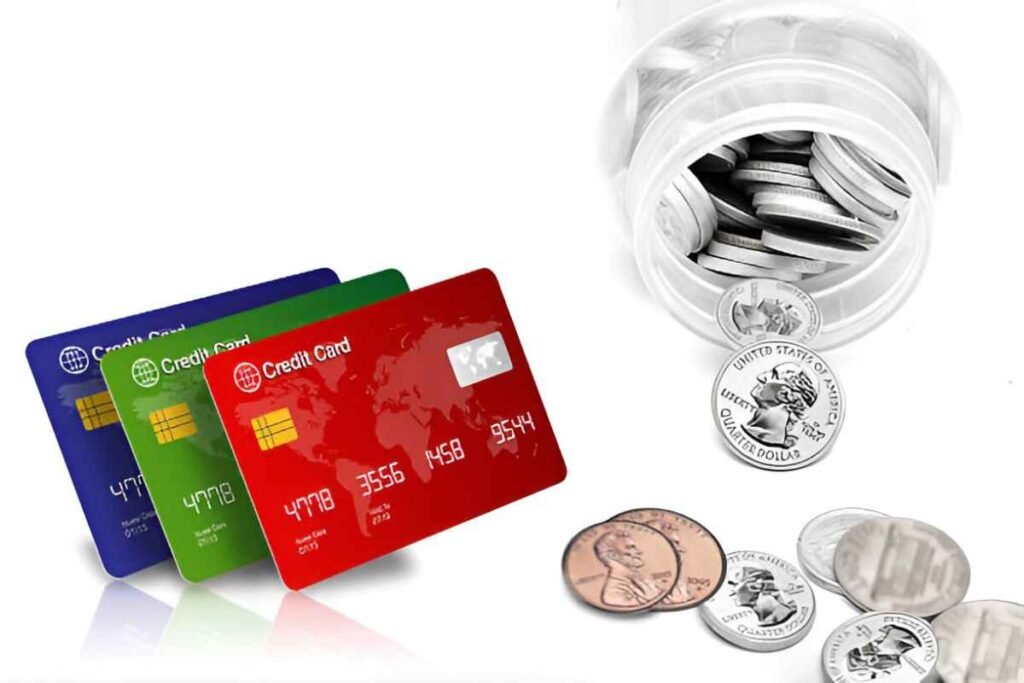Building or rebuilding credit can feel overwhelming, especially when options are limited. The 1st Progress Secured Credit Card is one option that offers a path toward improving credit scores while maintaining flexibility and control over spending. In this guide, I will break down everything about the card, from how it works to its advantages and limitations. I will also compare it to other secured credit cards to give a clearer picture.
Table of Contents
What is a Secured Credit Card?
A secured credit card is different from a traditional credit card. It requires a security deposit, which acts as collateral for the credit limit. This deposit reduces the risk for lenders, making it easier for individuals with poor or no credit to get approved.
Key Features of the 1st Progress Secured Credit Card
The 1st Progress Secured Credit Card offers several features that cater to those looking to establish or repair their credit history.
- Credit Limit: The credit limit depends on the refundable security deposit made during the application. It typically ranges from $200 to $2,000.
- Annual Fee: There is an annual fee associated with the card, which varies depending on the specific version chosen.
- Credit Reporting: Monthly reports are sent to all three major credit bureaus—Experian, Equifax, and TransUnion.
- No Credit History Requirement: Approval is easier because the card does not require a strong credit history.
- APR (Annual Percentage Rate): The APR for purchases is higher than average compared to traditional credit cards.
- Card Network: 1st Progress cards are issued under the Mastercard network, meaning they are widely accepted.
How the 1st Progress Secured Credit Card Works
When applying for the card, you provide a security deposit that determines your credit limit. Once the card is activated, you can use it like any other credit card. Regular payments help build a positive credit history. Over time, responsible usage may result in an improved credit score.
Example Scenario:
| Security Deposit | Credit Limit | Monthly Spending | Payment Made On Time | Effect on Credit |
|---|---|---|---|---|
| $500 | $500 | $150 | Yes | Positive |
| $1,000 | $1,000 | $300 | No | Negative |
Pros and Cons of the 1st Progress Secured Credit Card
Understanding the advantages and disadvantages of the 1st Progress Secured Credit Card can help in making an informed decision.
Pros
- Easy Approval: Since the card requires a deposit, approval is more straightforward for those with low or no credit scores.
- Credit Building Opportunity: Timely payments contribute to building credit history.
- Nationwide Acceptance: The Mastercard network ensures broad usability.
- Refundable Deposit: If the account is closed in good standing, the deposit is refunded.
Cons
- Annual Fees: The card comes with fees that add to the overall cost of ownership.
- High Interest Rates: If balances are carried, interest charges can become costly.
- Limited Perks: Unlike unsecured cards, there are no rewards or cashback programs.
Comparing the 1st Progress Secured Credit Card with Other Options
Choosing the right secured card requires comparing different options based on key features such as fees, deposit requirements, and reporting policies.
| Feature | 1st Progress Secured Card | Discover it Secured | Capital One Secured |
|---|---|---|---|
| Minimum Deposit | $200 | $200 | $49, $99, or $200 |
| Annual Fee | $29-$49 | $0 | $0 |
| Credit Reporting | Yes (All Bureaus) | Yes (All Bureaus) | Yes (All Bureaus) |
| Rewards | No | 2% cashback | No |
| APR | 15.24% – 24.99% | 24.74% | 29.99% |
Steps to Apply for the 1st Progress Secured Credit Card
Applying for the card is a straightforward process. Here are the steps:
- Check Eligibility: Ensure you meet the basic requirements such as being 18 years or older and having a valid social security number.
- Choose a Card Version: 1st Progress offers different secured card options with varying fees and benefits.
- Make a Deposit: Decide on the deposit amount that fits your budget.
- Complete the Application: Provide necessary personal and financial information.
- Wait for Approval: Most applicants receive a response within a few days.
Maximizing the Benefits of the 1st Progress Secured Credit Card
Using the card effectively can lead to improved credit and financial stability. Here are some strategies:
- Pay on Time: Timely payments have the biggest impact on credit scores.
- Keep Balances Low: Maintaining a credit utilization ratio below 30% improves creditworthiness.
- Monitor Credit Reports: Regularly checking credit reports ensures accuracy and tracks progress.
- Avoid Carrying Balances: Paying the full balance each month prevents high-interest charges.
Common Misconceptions About Secured Credit Cards
Some myths about secured credit cards might discourage individuals from considering them. Let me address a few common misconceptions:
- “Secured Cards Don’t Help Credit Scores”: This is not true. Responsible use contributes to building a positive credit history.
- “The Deposit is Not Refundable”: The security deposit is refunded upon account closure if there are no outstanding balances.
- “Secured Cards Are the Same as Prepaid Cards”: Unlike prepaid cards, secured credit cards report to credit bureaus.
Frequently Asked Questions
Q: How long does it take to build credit with the 1st Progress Secured Credit Card?
A: Credit improvements typically show within six months of consistent on-time payments.
Q: Can I increase my credit limit?
A: Yes, by adding more to the security deposit.
Q: What happens if I miss a payment?
A: Late payments may result in fees and a negative impact on credit scores.
Conclusion
The 1st Progress Secured Credit Card is a solid choice for those looking to build or rebuild credit. While it comes with some costs, its broad acceptance and regular credit reporting make it a practical tool. Making timely payments and managing balances wisely will maximize its benefits and pave the way for better financial opportunities in the future.





